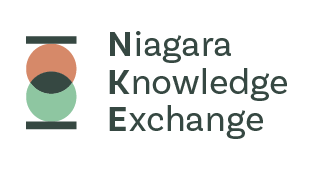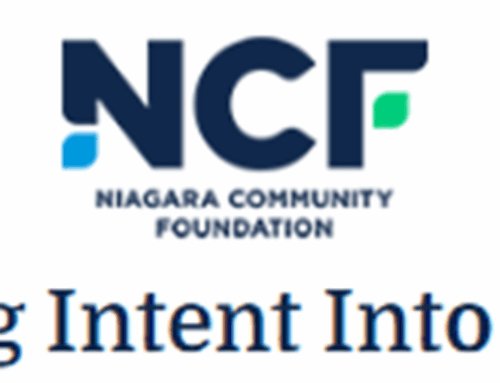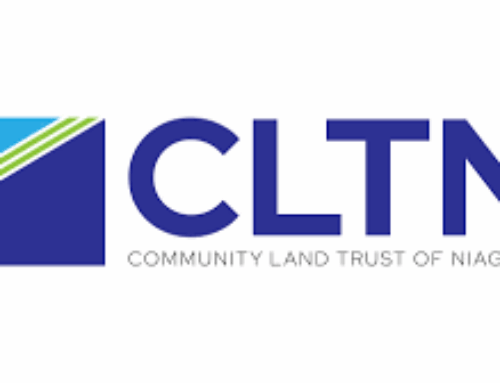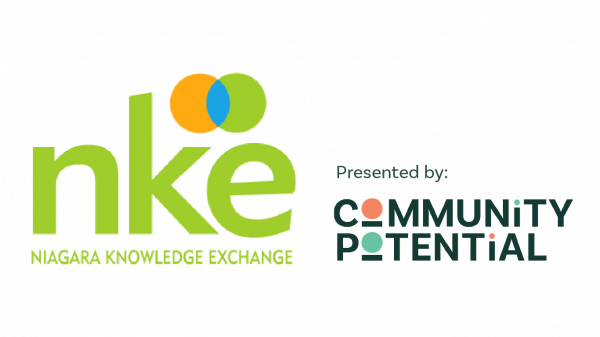The Hamilton Self-Management Program is hosted by Hamilton Health Sciences and funded by the Hamilton Niagara Haldimand Brant Local Health Integration Network (LHIN).
The role of the Hamilton Self-Management Programs is to:
Support individuals and their caregivers in the region living with or at risk of developing chronic conditions
Provide self-management support training, education, and mentoring to healthcare providers
It is recognized that health professionals and healthcare providers can positively impact the care and encouragement provided to people with chronic conditions. The Hamilton Self-Management Program has a suite of training offered free to healthcare providers and staff.
Training opportunities aim to:
Increase provider’s knowledge of the needs and preferences of the client/patient
Support the client/patient and family in the psychosocial, as well as medical responses to the condition
Move their patients through behavioural change strategies, resulting in improved management of their chronic condition
There are three free upcoming trainings that are available to healthcare providers and practitioners, offered through Zoom, over the next three months.
The Empathy Effect: Countering Bias to Improve Health Outcomes
Tuesday, November 10, 2020 from 9:00 a.m. – 2:30 p.m. (one-hour lunch) via Zoom
This 4.5-hour training presents an extensive research base, a commitment to active learning, and input from a diverse array of experts. This training uses structured self-reflection and focuses on practical skills that learners can bring to their daily work immediately. This workshop is designed for everyone who works in healthcare who comes into contact with patients/clients and families.
Learning Objectives:
List two of the three premises for empathy-based care
Identify the elements of the IN GEAR model for empathy conveyance
Identify two internal or external cues associated with interactions that invite judgment
Name at least one counter cue to shift from a view of judgment to one of understanding
Demonstrate at least two examples of conveying empathy
Health Literacy
Tuesday, November 17, 2020 from 9:00 a.m. – 12:30 p.m. via Zoom
Health Literacy refers to a person’s ability to access, read, understand, and use health-related information to make informed decisions and modify behaviours that affect their healthcare needs. Promoting health literacy among patients creates a more collaborative care environment, one that empowers patients to have greater involvement and control over health decisions.
During this 3.5-hour workshop, participants will gain an understanding of Health Literacy concepts and learn practical skills for clear and effective communication with patients and family members.
Learning Objectives:
Define Health Literacy
Identify the prevalence and effects of low health literacy
Understand their role and importance clearly
Apply Universal Precautions in health communication
Choices and Changes: Motivating Healthy Behaviours
Tuesday, December 8, 2020 from 9:00 a.m. – 12:30 p.m. via Zoom
This free 3.5-hour workshop is for healthcare providers to understand the literature, theory, and techniques for promoting change and influence patient’s health behaviour. This workshop also provides clinicians with efficient and effective tools to help motivate patients’ health behaviour changes and adherence to treatment plans.
Learning Objectives:
Describe two theoretical models of behavior changes that can guide conversations with patients
Demonstrate three motivational interviewing core skills
Describe the four key elements of the visit with a patient/client
Put into practice two techniques to use in clinical settings to influence change
Donna Mills, Health Promoter
Niagara Region Public Health






